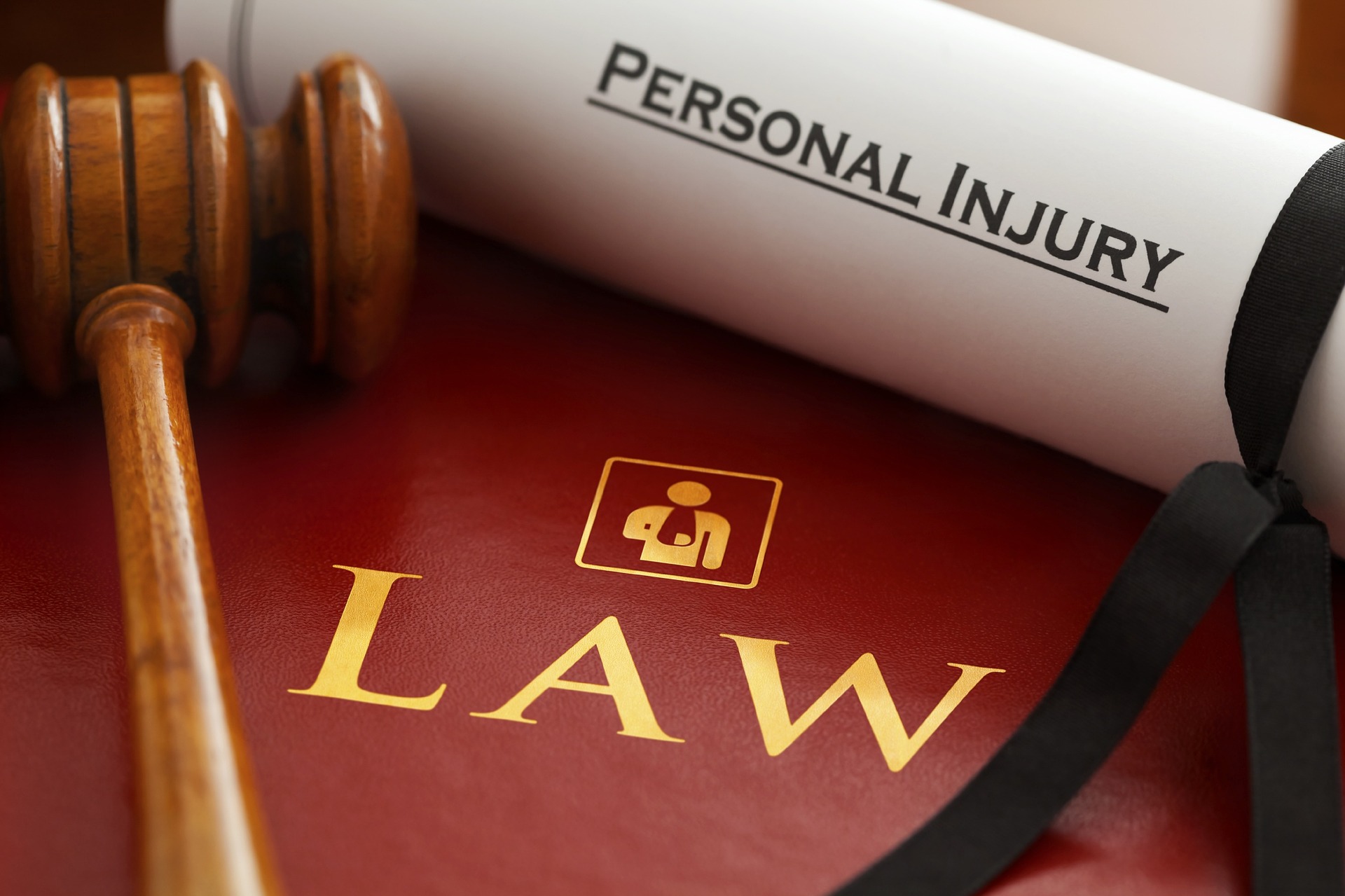
When you file a personal injury claim, it’s perfectly natural to wonder how much of a settlement you’ll get if you win your case. This is an especially common concern if you have hefty medical expenses, lost wages, or intense pain and suffering as a result of the injury.
Unfortunately, no particular dollar amount can be assigned to any lawsuit at the beginning. A lot that goes into both defending a personal injury case and defining the award. If an attorney promises you’ll make a specific amount, you should probably run away.
The prospective lawyer might name a target amount, but that doesn’t mean negotiations and a potential court trial won’t occur and alter the results. By the end of the process, the settlement could be substantially less or significantly more than your attorney originally estimated.
In some cases, people finish with nothing. That doesn’t mean you can’t have some idea as to how much money you might obtain. Understanding how damages are awarded might give you an idea about how much you’ll qualify for, should you prove your case.
Determine Liability
The first thing that must be determined in a personal injury case is liability … in other words, who was at fault. If the blame can be attributed to another person or parties entirely, your compensation will be higher.
If the liability is unclear or can be partially attributed to you, then you’ll have a weaker case and will likely enjoy less compensation. Don’t panic if the liability points in part to you. As long as you can pin a larger portion of the fault in someone else, you should still receive adequate compensation for your medical bills.
Evaluate Damages
After liability is calculated, the case will focus on the severity of damages. According to federal law, if you are injured due to the fault of someone else, you have the right to receive compensation that will return you as close to the same condition as you possessed before the accident as possible.
The principle is simple. Severe damages justify large compensation while small damages mean minimal compensation. The calculation of how much money should be awarded to compensate the damages is more complicated, but your attorney can give you a ballpark estimate when it’s been defined.
How Much Insurance Pays
After the court has determined a certain dollar amount to cover the damages, it will factor in how much that insurance will cover. An at-fault party with good coverage means your claim will probably be protected, but if the person has bad insurance, it’s less secure.
Say you were injured falling off a ladder at work. If the company you work for has good insurance, you can be fairly certain the claim will be paid. But if the company has inadequate insurance or no insurance at all, the other side may not be able to compensate your losses fully.
This is where calculating personal injury compensation will get a little tricky. Your attorney can’t make the money appear from nothing, and if the at-fault party isn’t able to cover it, the compensation might end up being short.
How to Increase Your Settlement Award
There’s no guarantee that you can increase your settlement award, but there are a few things you can do to try. Apply the following tips to get more from your personal injury case:
-
Get an Attorney with a Good Track Record: An attorney who has a high-grossing record will give you higher odds of success. Many lawyers post numbers on their website. For example, this Texas law office says it won a personal injury case worth $6.5 million. You can also ask for court records to learn an attorney’s average settlement amounts and win rates.
-
Produce as Much Evidence as Possible: Your case is only as good as the evidence you can provide. Failing to document the accident fully or include a police report can lower your chance of winning the case.
-
Get Necessary Medical Treatment: If you have no documentation of your injuries, or you failed to follow the instructions of your medical care provider, this will reflect poorly on your personal injury suit.
-
Be Honest: Don’t try to lie or stretch the truth about this injury or previous ones. Personal injury claims hinge on the truth, so exaggerating or embellishing your claim will likely damage your credibility.
-
Make a Good Impression: This is especially important if your case makes it in front of a judge. Apply professional dress and grooming standards and be polite and humble. Try to avoid appearing arrogant. You want to be likable so the judge and/or jury will more likely be sympathetic to your cause.
-
Have Good Insurance: Just in case you could be injured by someone who doesn’t have good insurance, it’s wise to carry a strong policy as a backup. We all hope we won’t have to use our insurance to cover expenses, but it’s calming to have it there, just in case.